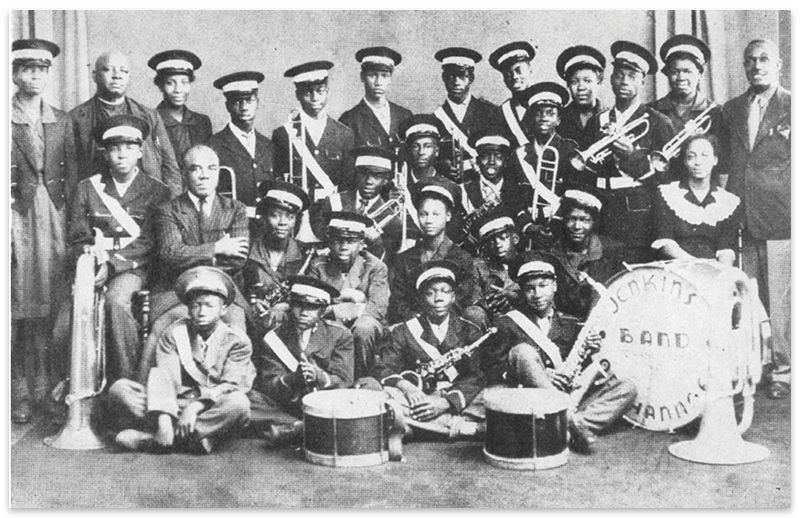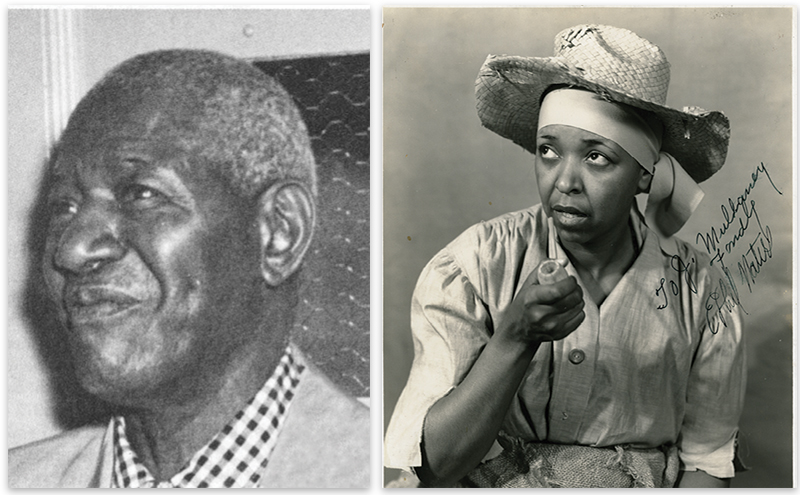A brief hisotry of jazz pianist and songwriter Tom Delaney

Reverend Daniel Jenkins founded Jenkins Orphanage to give African American children in need a home and a trade. Many went on to become distinguished jazz musicians.
The calendar is studded with birthdays of Jenkins Orphanage musicians—those “graduates” from the local institution founded in 1891 by Reverend Daniel Jenkins dedicated to giving African American children in need a home and a trade—many of whom became distinguished jazz players. Cat Anderson and Jabbo Smith mastered the trumpet, and Freddie Green was matchless on the guitar. Equally important, but notably different, was pianist Thomas Henry Delaney, born in Charleston on September 14, 1889.
Cat Anderson and Jabbo Smith mastered the trumpet,
and Freddie Green was matchless on the guitar. Equally important, but notably different, was pianist Thomas Henry Delaney.
Delaney not only played jazz classics, he also wrote them. And while his Jenkins peers backed up many of the leading male bandleaders of the day, Delaney influenced and impacted the careers of many women.
After apprenticing in the band on the streets of Charleston and being part of a song and dance duo that toured the East Coast, Delaney settled in New York and began writing songs. In 1921, his “The Jazz Me Blues,” sung and recorded by Lucille Hegamin—only the second African American woman ever to record for a commercial label—became a classic.

(Left) Jenkins alum Tom Delaney rose to fame as a jazz pianist and songwriter. (Right) Ethel Waters, who recorded Delaney’s “Down Home Blues,” as Hagar in a performance of Mamba’s Daughters set in Charleston.
That same year, Ethel Waters recorded his “Down Home Blues,” with Delaney backing her up on piano. Its success launched Waters's career, and Delaney became her accompanist and manager. He also released two records of his own, but was known mostly as the composer and songwriter for other artists, including Ma Rainey, Alberta Hunter, Dinah Washington, Bessie Smith, and Aretha Franklin (along with Woody Herman, Claude Bolling, Count Basie, Earl Hines, Eubie Blake, and Tommy Dorsey). Often credited as the originator of the phrase, “Everybody wants to go to Heaven, but nobody wants to die,” Delaney passed away on December 16, 1963 in Baltimore, Maryland.
WATCH Tom Delaney's "Jazz Me Blues"